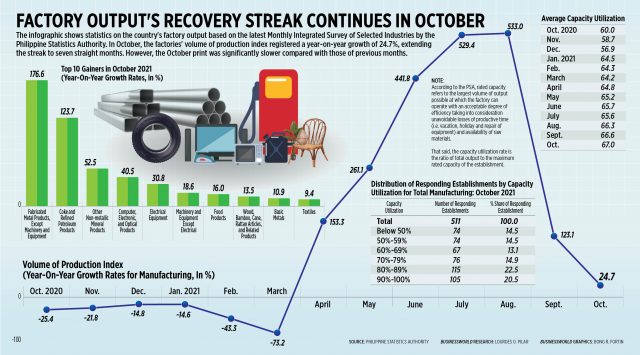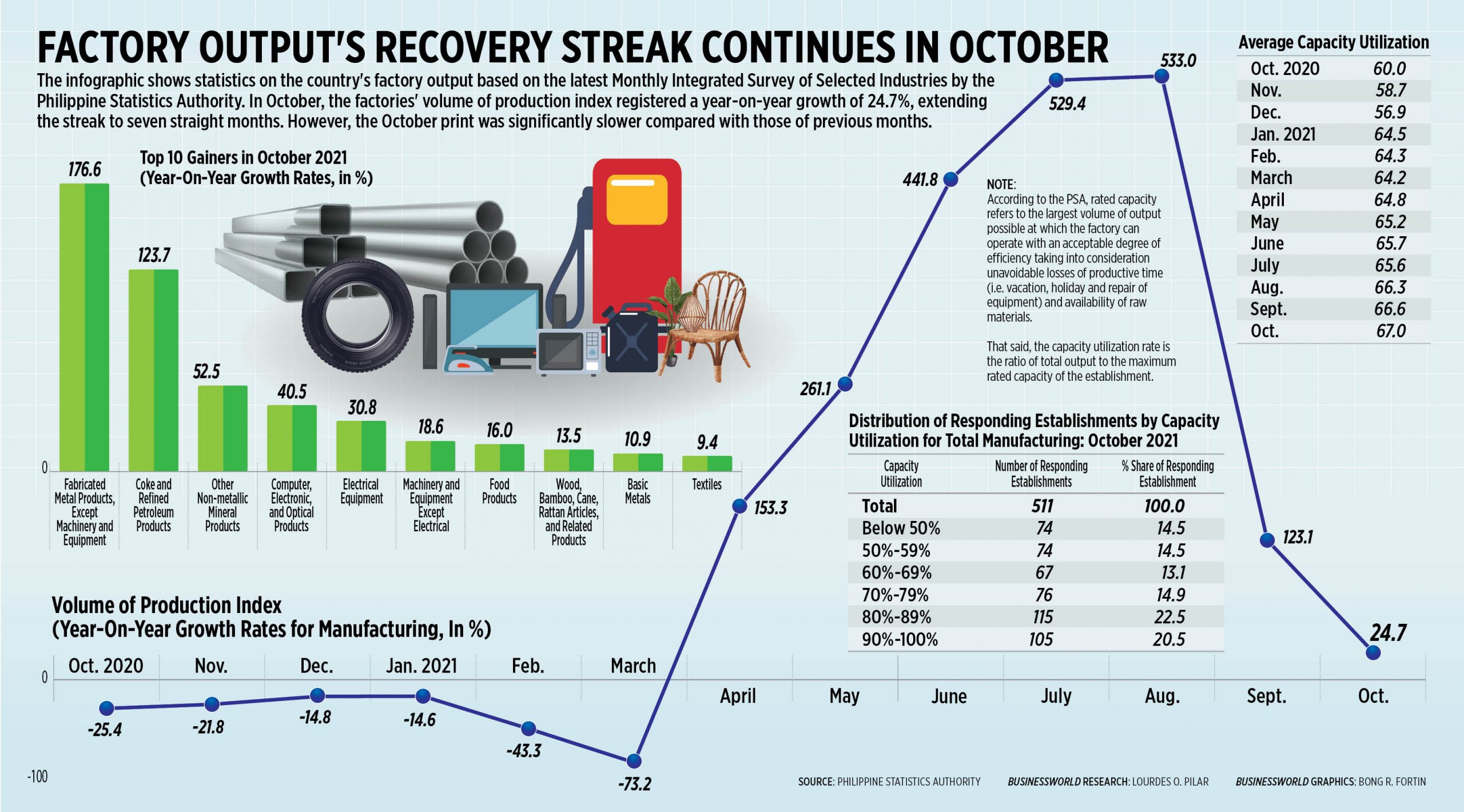By Michelle Soliman, Reporter
VIDEO REVIEW
Still
Directed by Treb Monteras II
Viu
WHEN things are uncertain during a pandemic, being stranded anywhere but home may seem like the least ideal situation.
In Still, an eight-episode musical narrative series, estranged friends Sab (played by Gab Pangilinan) and Laura (Julie Anne San Jose) have reunited Balay’s annual Daloy Himig music camp (the place looks so clean and cozy) and are slowly catching up when the lockdown is imposed, the music camp is canceled, and they find themselves stranded.
The first episode introduces the audience to the rest of the characters: Iggy (Mike Shimamoto), Tugs (Abe Autea), and Leigh (Lance Reblando), camp head Nikolas (Christian Bautista), and Balay owner Annette (Bituin Escalante). It is also established that they have been already stranded at Balay for almost a month, prompting desperation among some of the participants to leave.
Still — directed by Treb Monteras II, created by Pat Valera, in collaboration with Giancarlo Abrahan, and Nicco Manalo — premiered on Viu on Nov. 12. New episodes premiere on a Friday at 8 p.m. (with a 32-hour window to screen the episode), and will run until Dec. 31.
The show is halfway through its run.
From the second to the third episode, the characters’ relationships build along with their motivation to go home. Uncertainties about their survival, the future, and what is the point of carrying on, are brought up.
When restrictions ease in the fourth episode, some campers are given the opportunity to leave through the drawing of lots. The characters then face the choice of leave the companionship they have built behind or move on.
The series features simple but quirky animation of objects that flash during some dialogue. In the first episode, screenshots of news headlines about the coronavirus disease 2019 (COVID-19) virus and lockdowns are used to in-dicate the passage of time. In the second episode, images of guitar chords appear onscreen while some of the characters are learning the song “Mundo Umikot Ka” as if to encourage the audience to sing along.
The show’s original songs, written by Nica Del Rosario, Matthew Chang, and Mike Shimamoto, are very timely reflections on the current situation. The show’s theme, “Still,” has a nostalgic 1990s feel. Among all the songs per-formed in the four episodes, “Mundo Umikot Ka” stood out the most to me. It speaks about how, despite how things have stopped, our lives carry on. The original songs stand alone as singles even if the listener is unaware of their place in the show. The songs’ messages are also relatable sans the pandemic context.
With Sab and Laura’s backgrounds highlighted in the first half of the series, their characters represent two kinds of people.
Sab grew up to pursue a different path from her passion for music. When she visits Balay to do research for her thesis, she not only reunites with a friend but rekindles her love for music. She represents those whose regular rou-tines were disrupted by the pandemic, and as a result find themselves rekindling an old hobby or passion, or for some, developing a new one.
In the series, Sab’s voiceover introspections about the challenges and purpose of life hit hard — some viewers may find themselves agreeing and saying, “That’s me” in their head.
Laura, on the other hand, may seem stubborn at first, but her attitude is due to a lost opportunity that she has clung to and wanted badly. She represents those who were set to pursue goals that which were shattered during the pandemic. It is through her that we understand the difficulty of looking at the bright side.
It is interesting to watch the dynamics of the big names in music and television blending with the talents from the live theater scene in the series. It would be great to see more original content today with performing artists across various fields.
After four episodes, the story lives up to the duality of its title which may mean either being motionless and continuing progression. I look forward to the upcoming episodes and get to know more about the other characters (and see their solo performances), as well as, hopefully, becoming invested in each of them.
Older episodes are still available for viewing. New episodes of Still premier every Friday at 8 p.m. until Dec. 31. Both older and new episodes are accessible within 32 hours (from Fridays at 8 p.m. to Sundays at 8 a.m.). Tickets (P599) are available at https://ticket2me.net/e/33588/still-a-viu-original-musical-narrative-series-exclusive-previu. The series’ original soundtrack is available on Spotify, Apple Music, Deezer, and Tidal via Still: A Viu Original Musical Narrative Series.








![Return to Office [reuters]](https://www.bworldonline.com/wp-content/uploads/2021/12/Return-to-Office-reuters-640x415.jpeg)




